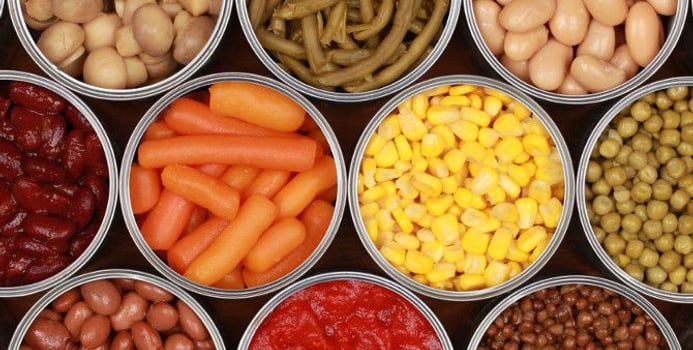The benefits of zinc apply to our health in areas similar to other vitamins and minerals, such as immune, pregnancy, cell and protein development. There are, however, some other interesting attributes to this mineral that may surprise you. Zinc helps wound healing, the conversion of hundreds of enzymes, it attacks viruses, produces sperm and is a component in smell and taste sensation. These are just a few of the amazing effects zinc can have on our bodies. The bad news is that the body has no zinc storage capability and must ingest zinc almost daily. The good news is that zinc is fairly easy to get and the body only needs small amounts. Incorporating it into your fitness plan should consist of ingesting foods high in this mineral while eating foods that enhance the absorption rate, and avoiding foods that impede it. In addition, if needed, a supplement program may be beneficial as well.
Foods High in Zinc
- Oysters
- Red meat
- Poultry
- Crab
- Lobster
- Nuts
- Seeds (especially pumpkin)
- Beans
Foods that Inhibit Absorption of Zinc
- Whole grains: Phytates in grains slow down absorption, although grains also contain small amounts of zinc. If you eat a large amount of grains, mix it up with some nuts and seeds while reaching for less bread.
- Raisins, red meat and dark green vegetables: Foods high in iron impede zinc absorption, mainly while eating them during or shortly after zinc consumption. It's not a big deal if you're eating chicken and spinach, unless you're consciously trying to increase your food consumed zinc. This is simply a good reference.
Facts, Caution and Theory
- When ingested as a supplement, zinc is a strong mineral. Therefore, it's recommended that zinc be taken with food or shortly after a meal. Never on an empty stomach, as it will irritate the lining, causing a good deal of discomfort. This practice should also be applied to any orally administered zinc related products, like zinc lozenges.
- According to The United Nations University, 20 percent of people worldwide are deficient in zinc.
- Zinc deficiency may show up as white spots or white bands in the fingernails, possibly be related to insomnia and has been theorized as a possible link to some mental illnesses.
- Zinc is essential in adolescence, as it is a major component of height and sexual growth.
- Zinc is depleted by the use of medications used for contraception (the pill), hormone replacement, osteoporosis, heart, diabetes and epilepsy, to name a few. Many doctors know this and will prescribe zinc supplements. Feel free to ask your doctor or pharmacist when taking a medication.
- Calcium, magnesium and whey can decrease zinc absorption, so be sure and take these supplements separately. Mixing up your daily supplement intake to different times of the day is good practice.
- Overdose of zinc causes metallic and bitter tastes, diarrhea and vomiting.
- Zinc is associated with the production of white blood cells (used to fight disease), and therefore many cold remedies include zinc. Combined with a workout regimen, the cold may not have a chance. Again, be sure and take on a full stomach.
How Much Is Enough?
About 15 to 20 milligrams is sufficient. In addition, when fighting a cold, the body can handle up to about 20 milligrams every two hours for approximately two weeks. Check with your doctor to see which is best for you.



